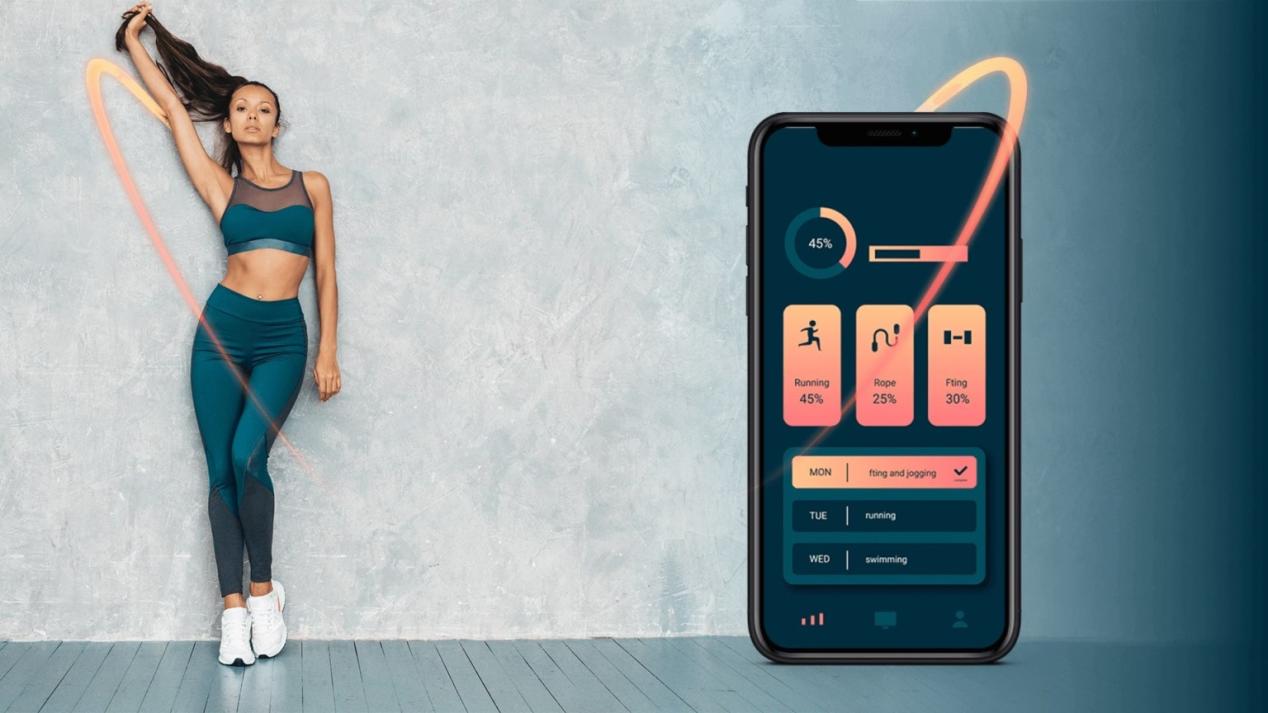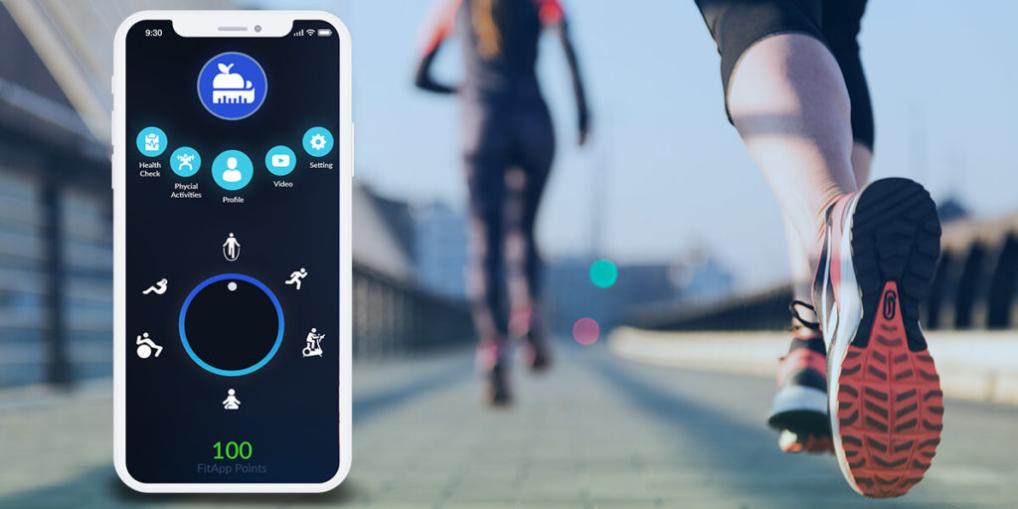What Are the Different Types of Fitness Apps?
Fitness apps have become an integral part of our lives, helping us stay active, healthy, and motivated. With the wide variety of fitness apps available, it can be overwhelming to choose the right one for your needs. In this article, we will explore the different types of fitness apps and their key features to help you make an informed decision.

Types Of Fitness Apps
Activity Tracking Apps
Activity tracking apps are designed to monitor your daily activities, such as steps taken, calories burned, and distance covered. They use sensors in your smartphone or fitness tracker to collect data and provide insights into your activity levels. Key features of activity tracking apps include:
- Step counter
- Calorie counter
- Distance tracker
- Activity history
Examples of popular activity tracking apps include Google Fit, Apple Health, and Fitbit.
Workout Tracking Apps
Workout tracking apps help you track and log your workouts, including exercises, sets, reps, and weight. They provide a structured approach to your workouts and allow you to monitor your progress over time. Key features of workout tracking apps include:
- Exercise library
- Workout logging
- Progress tracking
- Workout history

Examples of popular workout tracking apps include MyFitnessPal, Nike Training Club, and Strava.
Nutrition Tracking Apps
Nutrition tracking apps help you monitor your food intake, including calories, macronutrients (carbohydrates, proteins, and fats), and micronutrients (vitamins and minerals). They allow you to set goals, track your progress, and make informed choices about your diet. Key features of nutrition tracking apps include:
- Food database
- Calorie counter
- Macronutrient and micronutrient tracking
- Meal planning
Examples of popular nutrition tracking apps include MyFitnessPal, Lose It!, and Cronometer.
Sleep Tracking Apps
Sleep tracking apps monitor your sleep patterns, including duration, quality, and stages. They provide insights into your sleep habits and help you identify areas for improvement. Key features of sleep tracking apps include:
- Sleep tracker
- Sleep quality analysis
- Sleep history
- Sleep tips
Examples of popular sleep tracking apps include Sleep Cycle, Pillow, and SleepScore.
Meditation And Mindfulness Apps
Meditation and mindfulness apps provide guided meditations, mindfulness exercises, and breathing techniques to help you relax, reduce stress, and improve your overall well-being. Key features of meditation and mindfulness apps include:
- Guided meditations
- Mindfulness exercises
- Breathing techniques
- Meditation history
Examples of popular meditation and mindfulness apps include Headspace, Calm, and Insight Timer.
Recap
In summary, there are various types of fitness apps available, each with unique features and benefits. Activity tracking apps monitor your daily activities, workout tracking apps help you track your workouts, nutrition tracking apps help you monitor your food intake, sleep tracking apps monitor your sleep patterns, and meditation and mindfulness apps provide guided meditations and mindfulness exercises.
Benefits Of Using Fitness Apps
Using fitness apps offers numerous benefits, including:
- Motivation: Fitness apps can provide motivation and encouragement to stay active and healthy.
- Tracking Progress: Fitness apps allow you to track your progress over time, helping you stay accountable and motivated.
- Personalized Experience: Many fitness apps offer personalized recommendations and insights based on your goals and preferences.
- Community Support: Some fitness apps have built-in communities where you can connect with other users, share your experiences, and get support.
- Convenience: Fitness apps are easily accessible on your smartphone or tablet, making it convenient to track your fitness activities and progress.
Tips For Choosing The Right Fitness App
When choosing a fitness app, consider the following factors:
- Your Fitness Goals: Consider what you want to achieve with the app. Do you want to track your daily activities, log your workouts, or monitor your nutrition?
- Features: Make sure the app has the features you need, such as activity tracking, workout logging, nutrition tracking, sleep tracking, or meditation and mindfulness exercises.
- User Interface: Choose an app with a user-friendly interface that is easy to navigate and understand.
- Compatibility: Ensure that the app is compatible with your smartphone or tablet.
- Cost: Some fitness apps are free, while others require a subscription. Consider your budget and choose an app that fits your financial situation.
By following these tips, you can choose the right fitness app that meets your needs and helps you achieve your fitness goals.
YesNo

Leave a Reply